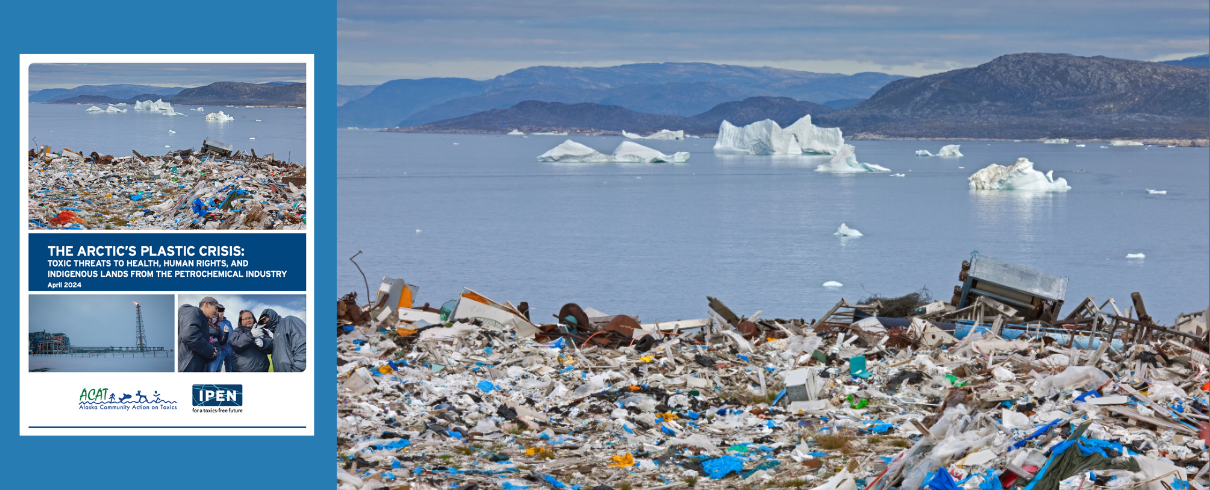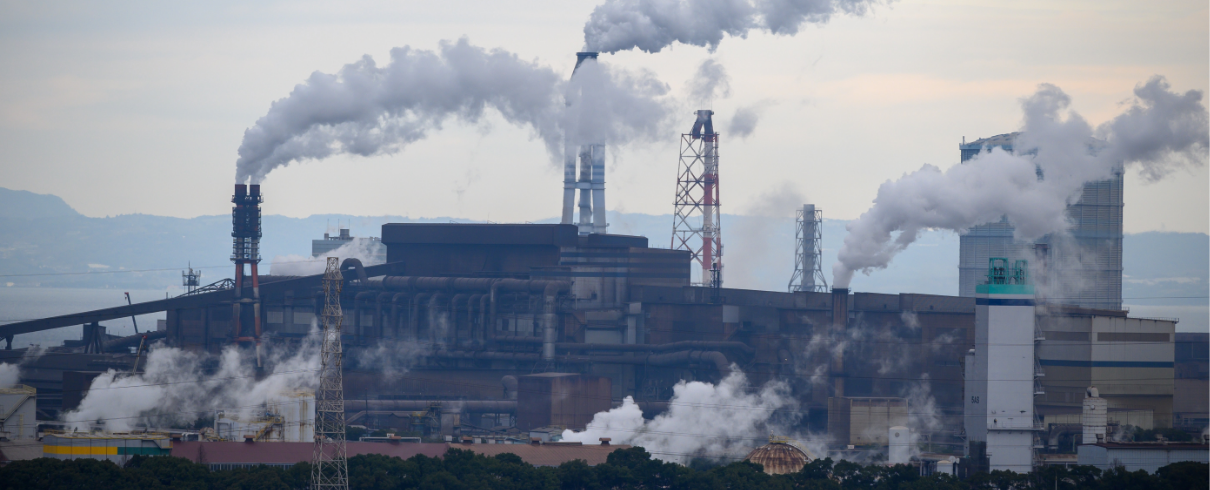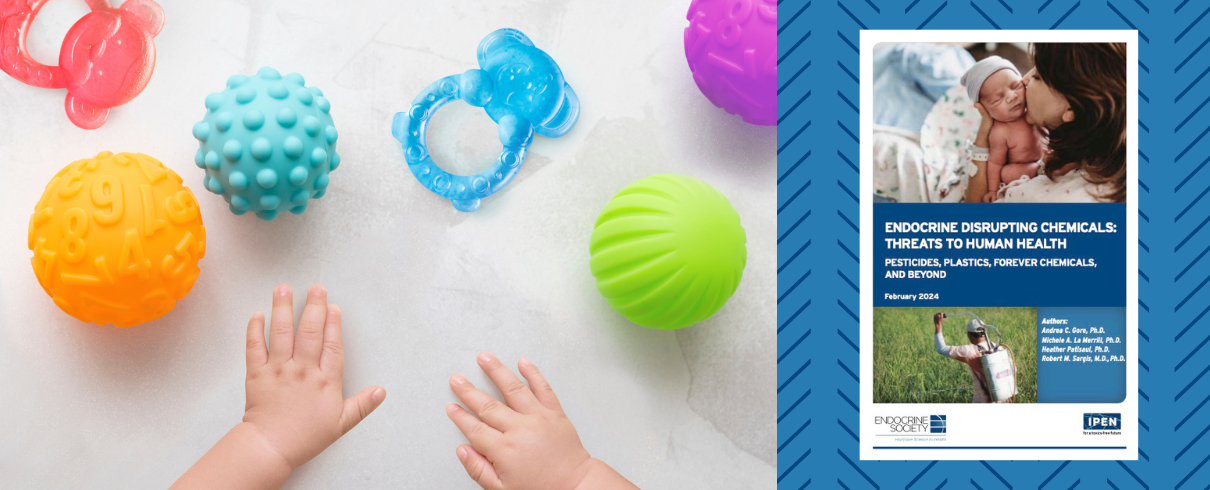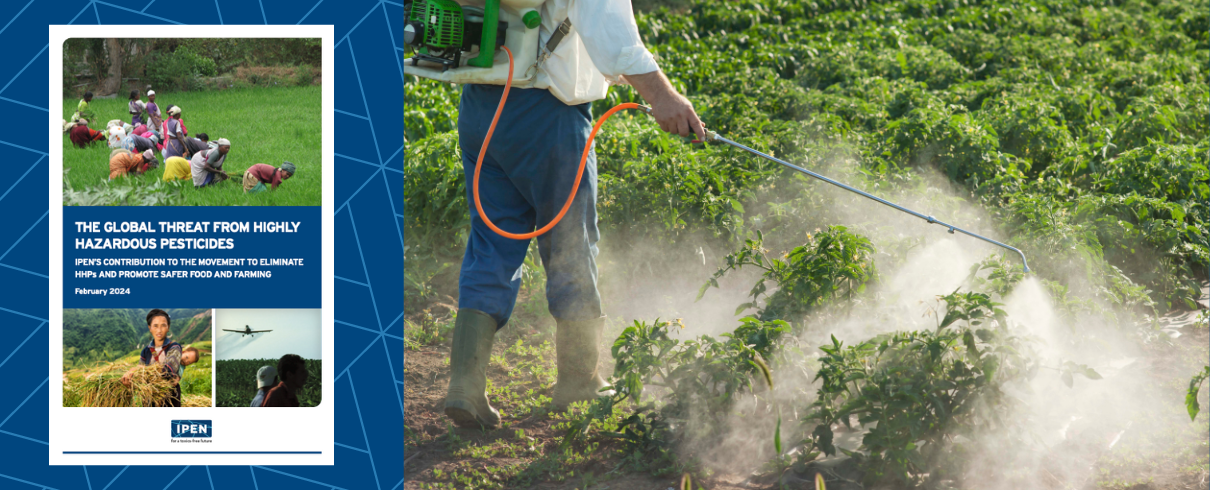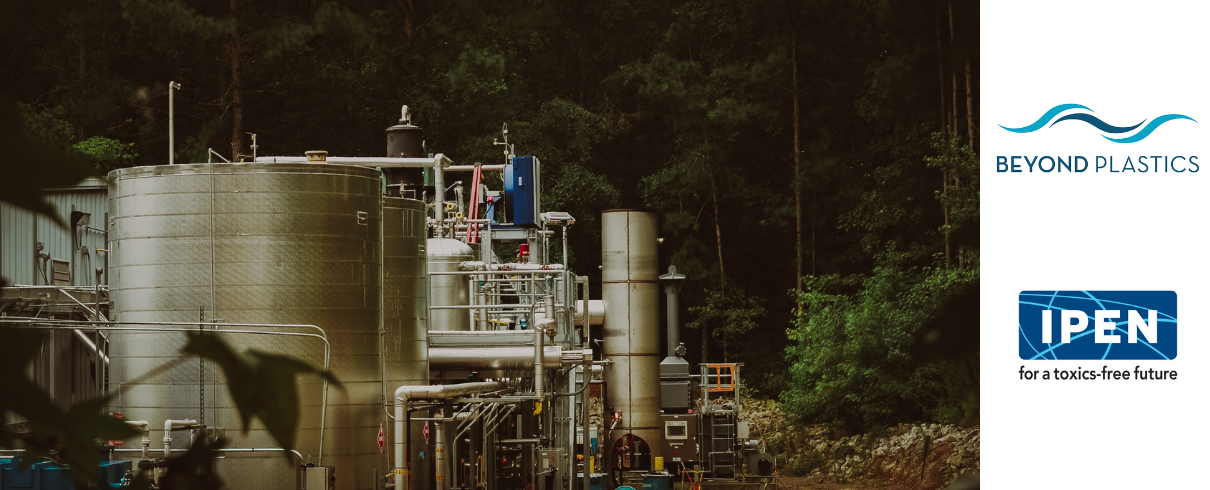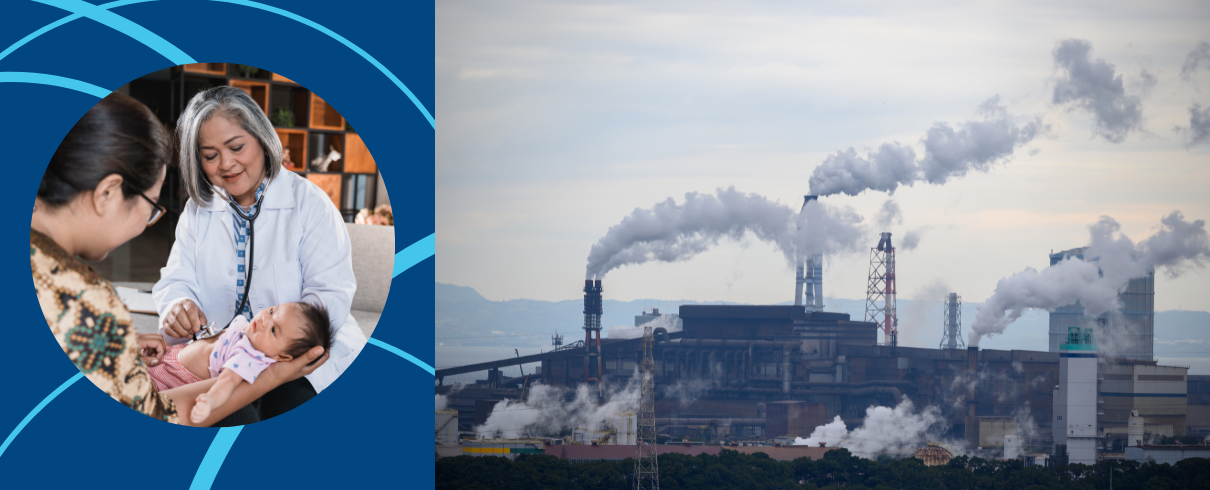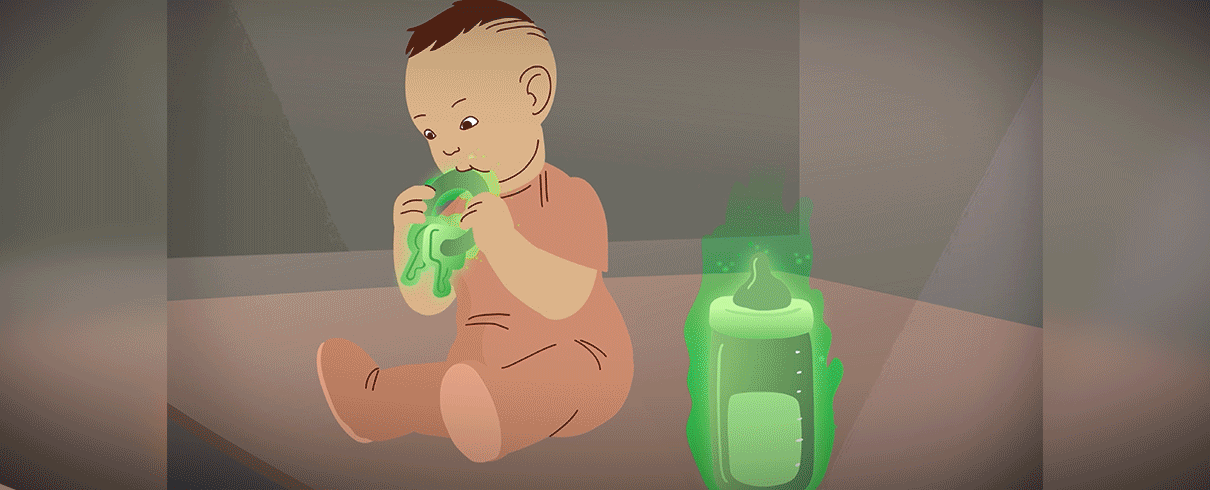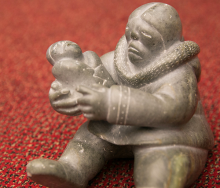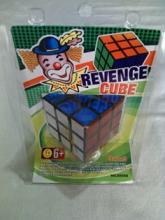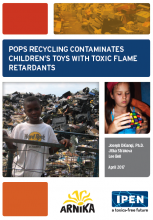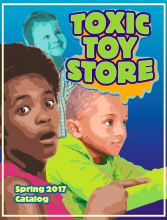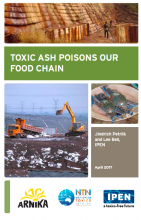عربى / English / русский / français / 中文 / español / português
Geneva: Today at the Stockholm Convention 8th Conference of the Parties (COP8), governments rushed thru decisions to list two toxic chemicals, but provided extraordinary loopholes that permit all uses of them. The chemicals are DecaBDE, a flame retardant commonly found in electronic waste, and SCCPs, an industrial chemical used in metal working and as a flame retardant in plastics.1 Both chemicals are persistent, highly toxic, travel long distances and build up in the food chain. Recent IPEN studies found both substances widely present in children’s toys.2
“Delegates made a mockery of the theme of the meeting, “A Future Detoxified,” said Dr. Mariann Lloyd-Smith, IPEN Sr. Advisor. “Today’s decisions guarantee harmful worker exposures, poisonous children’s toys, contaminated recycling streams, and more waste dumping. The real theme of the meeting seems to be “A Future De-Toxified.”
